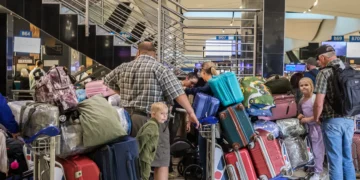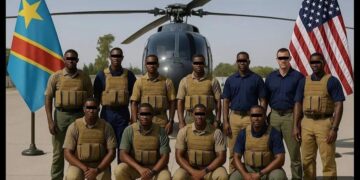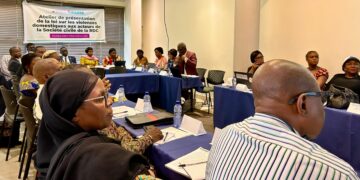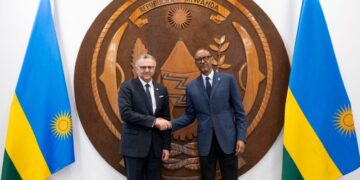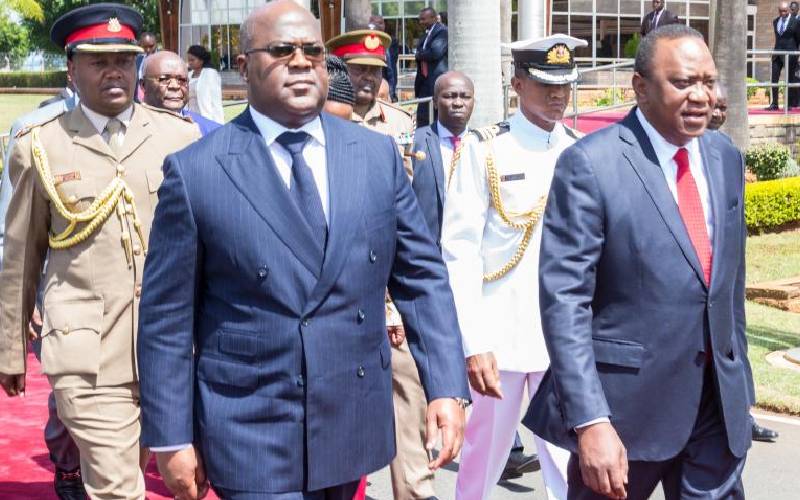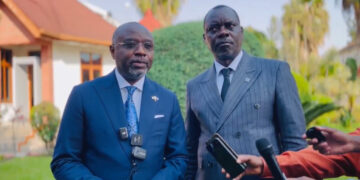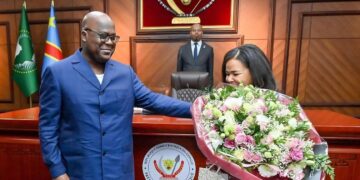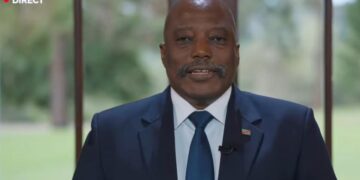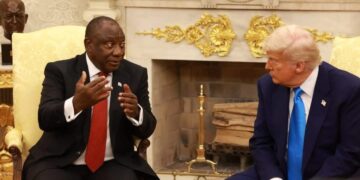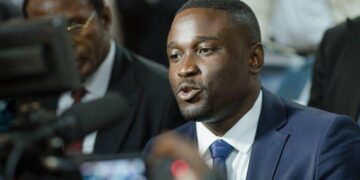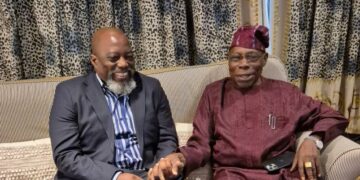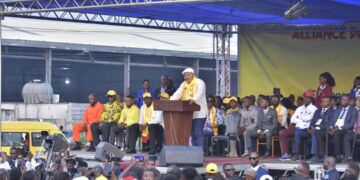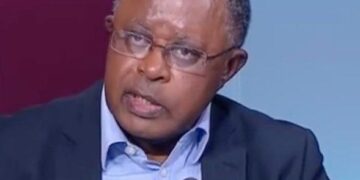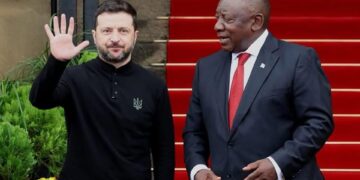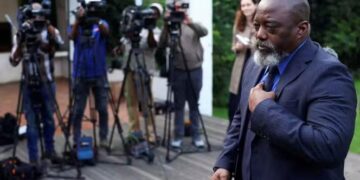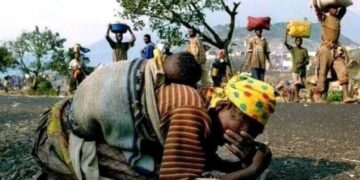According to Fayulu, such a dialogue is essential to address the security crisis that is destabilizing the Democratic Republic of Congo (DRC) and to tackle the country’s pressing political challenges.
“I am ready to sit down with Félix Tshisekedi at the same table for the interest of the Congolese people and the country, and to find a solution to the security crisis in the DRC,” Martin Fayulu stated.
Martin Fayulu, who still considers himself the rightfully elected president of the Congolese people, emphasized the need for national consultation to address the multiple crises facing the country. The security situation in the East of the DRC, where armed groups and tensions with Rwanda continue to exacerbate the suffering of millions of civilians, remains Fayulu’s top priority.
The opposition leader stressed that any such dialogue should be inclusive, involving all political forces, religious institutions, and civil society. According to him, this process is crucial for restoring the legitimacy of Congolese institutions and ensuring a more stable future for the DRC. He clarified that his goal was not to seek personal political revenge, but rather to work together for the country’s future.
“This is not about personal revenge; it is about the future of Congo. If we want peace and stability, we must sit down and discuss, even if we have political differences,” Fayulu emphasized.
The security situation in the DRC’s North Kivu and South Kivu provinces remains deeply concerning. Armed group attacks, massacres, mass displacement, and alleged Rwandan interference have made the situation even more complex. Despite promises from both the Congolese military and the international community, the situation seems to worsen daily, perpetuating a vicious cycle of violence.
Martin Fayulu explained that to resolve this crisis, a concerted effort is needed, including a review of military and diplomatic strategies and true international support. Dialogue with Tshisekedi, he believes, could lay the groundwork for a more coherent and united approach to facing this threat.
By calling for a discussion with Félix Tshisekedi, Fayulu appears to offer a pragmatic opening, putting aside his political differences for the good of the nation. This statement comes amid ongoing tensions between the two political figures since the contested 2018 presidential election, which Fayulu continues to regard as fraudulent.
However, Fayulu clarified that while he is ready for dialogue, he remains firm on the principle that the conditions for authentic dialogue must be met, including transparency and respect for democratic processes. For him, the country cannot move forward until concrete steps are taken to restore confidence in its institutions.
Reactions to Fayulu’s call are mixed. Some analysts suggest that this move signals a shift in tactics from the opposition leader, aiming to break out of the political deadlock ahead of the next elections. Others view this as a gesture of reconciliation in the face of an increasingly complex political and security crisis.
On the other hand, Tshisekedi’s supporters have expressed reservations, arguing that this invitation is insufficient to resolve the country’s problems, while emphasizing that the Congolese authorities have already taken steps to address internal conflicts, although results have been limited.
Martin Fayulu’s message on France 24 tonight reflects a desire to move beyond political divisions and work towards a shared solution to the severe crises facing Congo. If this call for dialogue is taken seriously by all parties, it could open the door to a new chapter for the DRC, where the pursuit of peace and stability takes precedence over political rivalry.
In any case, the country’s future seems to depend on the ability of its leaders to sit at the table, for the sake of national unity and Congo’s sovereignty.


